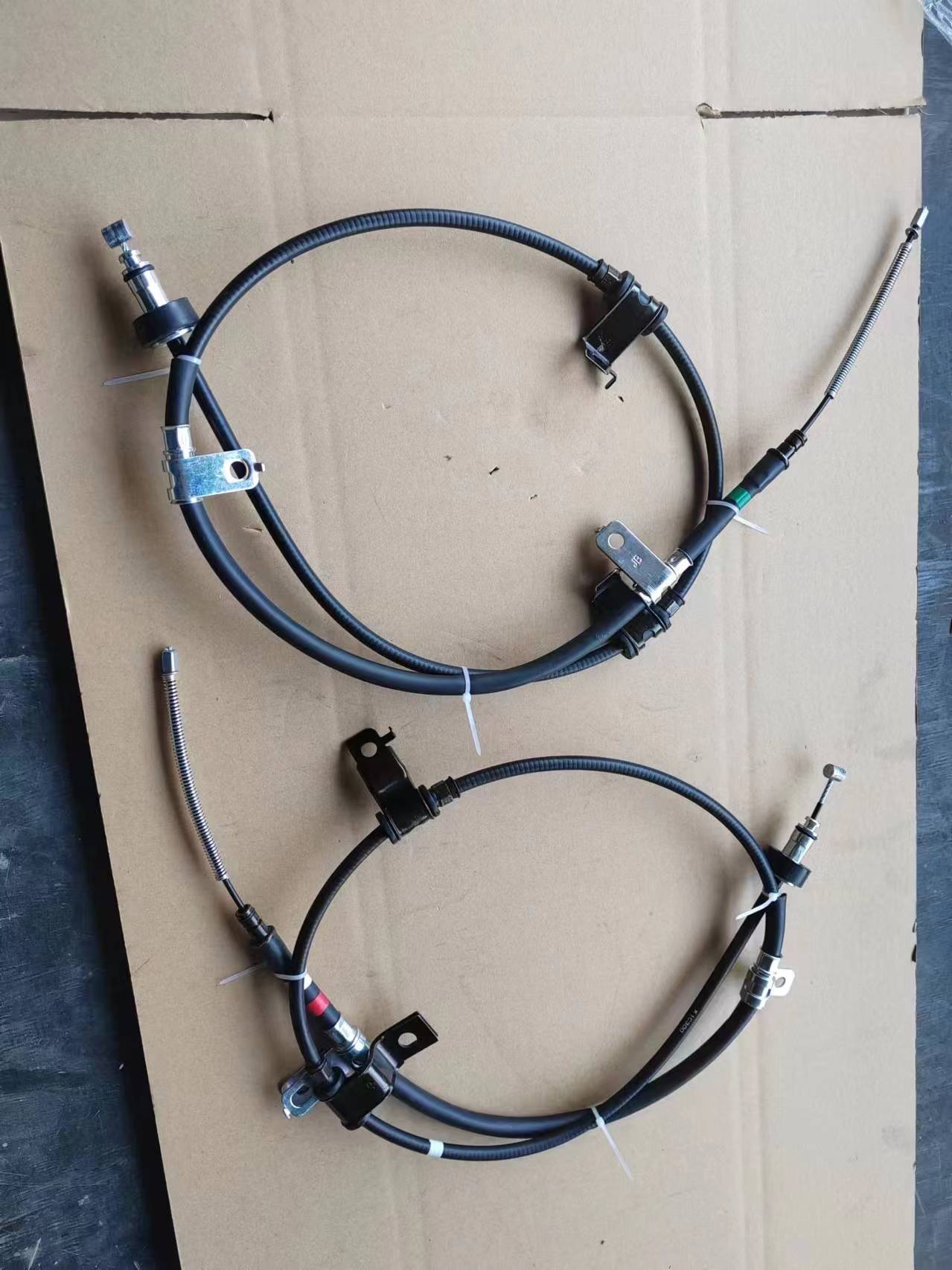clutch fluid line
Understanding Clutch Fluid Lines Importance and Maintenance
The clutch system in a vehicle serves a crucial role in the transmission of power from the engine to the wheels. Among the various components that make up the clutch system, the clutch fluid line plays an essential role in ensuring efficient operation. In this article, we will delve into the function of clutch fluid lines, their significance in a vehicle's overall performance, and tips for maintenance to ensure a smooth driving experience.
What Are Clutch Fluid Lines?
Clutch fluid lines are hydraulic lines that connect the clutch master cylinder to the clutch slave cylinder. These lines carry the hydraulic fluid needed to operate the clutch mechanism in both manual and semi-automatic vehicles. When the driver depresses the clutch pedal, the master cylinder sends hydraulic fluid through these lines to the slave cylinder, which in turn disengages the clutch, allowing the driver to shift gears seamlessly.
The Importance of Clutch Fluid Lines
1. Efficient Power Transmission The primary function of clutch fluid lines is to facilitate the smooth transfer of hydraulic pressure, which is vital for disengaging and engaging the clutch. A well-functioning fluid line ensures that the clutch responds promptly to the driver's actions, reducing the likelihood of stalling or gear grinding.
2. Component Longevity When hydraulic fluid flows efficiently through the clutch fluid line, it minimizes wear and tear on other components of the clutch system. This can lead to longer lifespans for the clutch itself, reducing the frequency and cost of replacements.
3. Preventing Contamination Properly sealed and maintained fluid lines help prevent contamination from dirt or moisture entering the hydraulic system. Contaminated fluid can lead to clutch failure and interfere with the system's performance.
Signs of Clutch Fluid Line Issues
Over time, clutch fluid lines may develop problems that can affect the overall performance of the clutch system. Here are some signs that your clutch fluid lines may need attention
- Difficulty in Shifting Gears If you notice that shifting gears has become increasingly difficult, this may indicate an issue with the hydraulic system, including potential problems with the clutch fluid lines
.clutch fluid line

- Leaking Fluid One of the most obvious signs of a problem is fluid leakage around the clutch hydraulic components. If you spot fluid puddles or drips underneath your vehicle, it's essential to investigate further.
- Unresponsive Clutch Pedal A clutch pedal that feels spongy or unresponsive when pressed could indicate air trapped in the hydraulic line or low fluid levels.
- Increased Pedal Travel If you find yourself pressing the pedal further than usual without the clutch engaging properly, it may point to a failure in the fluid line, possibly requiring replacement.
Maintenance Tips for Clutch Fluid Lines
To ensure the longevity and efficiency of your clutch fluid lines, consider the following maintenance tips
1. Regular Inspections Carry out periodic inspections of your clutch fluid lines as part of your vehicle maintenance routine. Look for signs of wear, leaks, or damage.
2. Check Fluid Levels Regularly check the hydraulic fluid level in the master cylinder reservoir. Low fluid levels can lead to air entering the system, resulting in poor clutch performance.
3. Flush the System Flush and replace the hydraulic fluid every two years or according to your vehicle manufacturer's recommendations. This helps keep the system clean and prevents the buildup of contaminants.
4. Address Issues Promptly If you notice any warning signs of clutch fluid line problems, address them immediately. Ignoring issues may lead to more extensive damage and costly repairs.
Conclusion
In summary, clutch fluid lines are integral to the performance of a vehicle's clutch system. By understanding their importance and recognizing the symptoms of potential issues, drivers can take proactive steps to maintain their vehicles effectively. Regular inspections, fluid checks, and prompt repairs will ensure that your clutch system operates smoothly, providing a safer and more enjoyable driving experience. Proper care for the clutch fluid lines not only saves on repair costs but also enhances the vehicle's overall performance and reliability.
-
Upgrade Your Vehicle with High-Quality Handbrake CablesNewsNov.01,2024
-
Optimize Your Bike's Performance with Quality CablesNewsNov.01,2024
-
Enhance Your Vehicle's Performance with Quality Clutch ComponentsNewsNov.01,2024
-
Elevate Your Vehicle's Performance with Quality Throttle CablesNewsNov.01,2024
-
Elevate Your Vehicle's Performance with Quality CablesNewsNov.01,2024
-
Affordable Solutions for Your Cable NeedsNewsNov.01,2024
